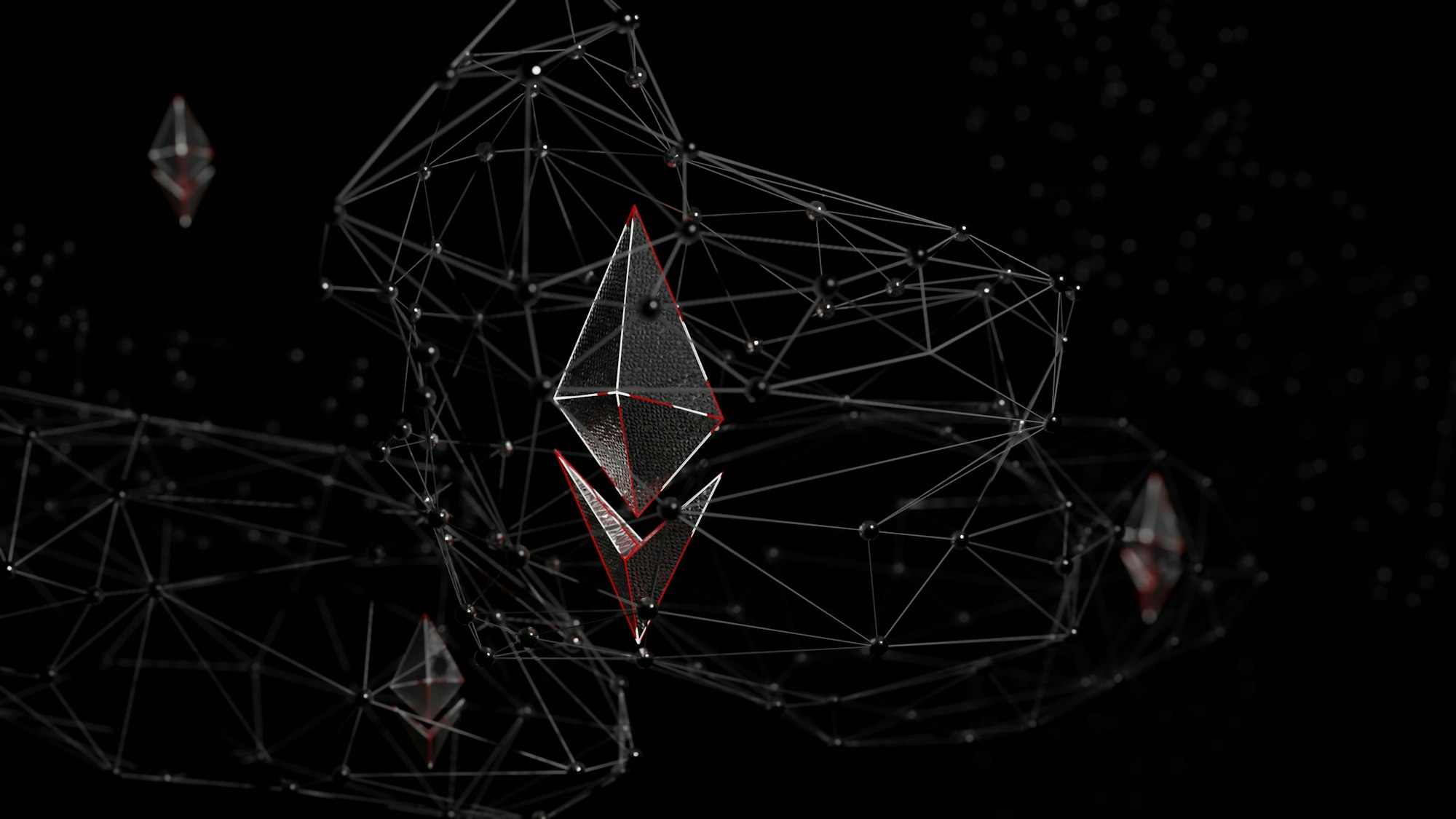What is a governance token?
A governance token is a type of cryptocurrency that grants its holders the right to participate in the decision-making process of a decentralized organization or protocol. These tokens aim to embody the principle of decentralized governance, allowing token holders to vote on proposals that influence the direction, development, and operational aspects of the platform. The power of each vote is typically proportional to the amount of tokens an individual holds, meaning that those with more tokens have a greater influence over decisions.
Governance tokens are a fundamental component of many decentralized autonomous organizations (DAOs), decentralized finance (DeFi) platforms, and other blockchain-based projects that prioritize community-led governance. They can be used to decide on a variety of issues, including changes to protocol rules, token issuance policies, development priorities, and how treasury funds are allocated. Through governance tokens, projects aim to achieve a level of decentralization and democratization, empowering users and stakeholders over centralized authorities. Governance tokens have been used successfully by DAOs to remove members from their communities whom they found to hold views contrary to their goals, as well as to make changes to their product to insulate themselves from perceived risks.

Challenges of Governance Tokens
Due to the proportional nature of governance tokens and voting rights, decentralized organizations that primarily utilize governance tokens for decision-making can experience several key issues:
Concentration of Power
Governance tokens can lead to a concentration of decision-making power among a few large holders (also known as whales) or coalitions, undermining the decentralized and democratic ethos of DAOs. This concentration can skew governance towards the interests of those with significant token holdings, potentially at the expense of the broader community or organizational goals. One example was seen in the Party Parrot DAO, where the project team successfully passed a vote to cash out the DAO's treasury, thanks to holding 80% of the DAO's voting power.
Speculation and Volatility
The market-driven nature of governance tokens can introduce volatility and speculation into the governance process. Token prices can fluctuate based on market trends rather than the intrinsic value or success of the organization, affecting the stability and predictability of governance.
Misalignment of Incentives
Token-based governance can create misalignments between the incentives of token holders and the long-term objectives of the organization. Short-term price appreciation may become a priority over long-term project success or mission alignment, leading to decisions that are not in the best interest of the organization's goals. For example, as seen in Invictus DAO where whales shuttered the project, creating huge losses for their community.
Barrier to Participation
The requirement to hold tokens to participate in governance can create barriers to entry for new or less wealthy members of the community. This barrier can limit diversity and inclusivity within the governance process, reducing the range of perspectives and expertise available to the organization.
Security Risks
The use of governance tokens introduces additional security risks, including the potential for smart contract vulnerabilities, token theft, and manipulation of voting processes. These risks can undermine the integrity of the governance process and the organization's overall security posture. One example was seen in the Mango Markets hack, where a hacker used their stockpile of 32 million governance tokens to pass a proposal to encourage the community not to prosecute them for hacking.
At Colony, reputational based governance helps to insulate many of the risks associated with governance tokens.
Join the Colony Community
Stay connected and dive deeper into the world of on-chain organizations with Colony. For the latest updates, insights, and discussions, follow us on our community channels:
- Website: Visit our website
- Twitter: Follow us on Twitter
- Discord: Join our Discord community
- Github: Find Colony on Github
Together, let's build the future of decentralized collaboration.